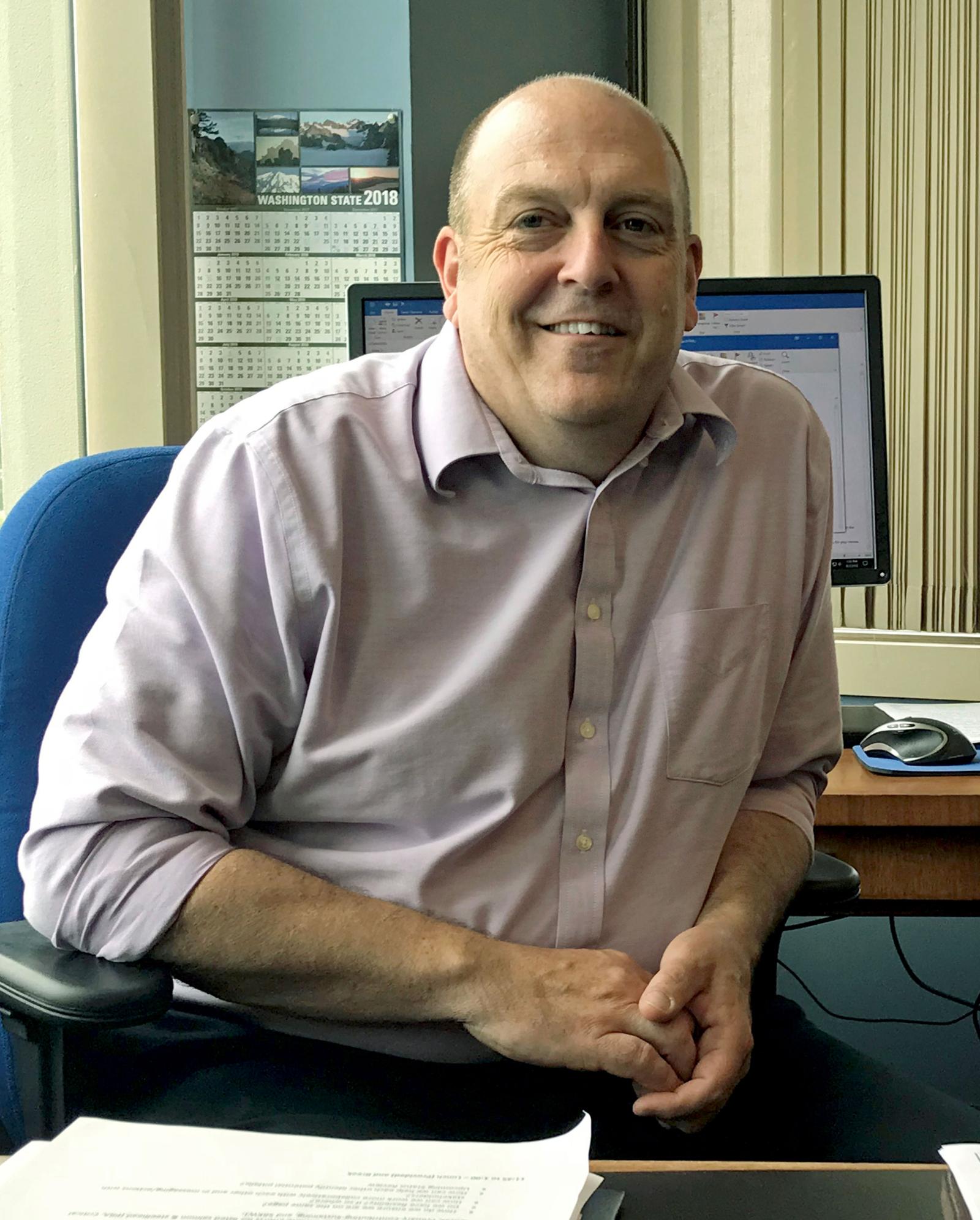Director's statement Feb. 12, 2024
Since time immemorial, the tribes of the Pacific Northwest have stewarded the fish and wildlife resources in what is now known as Washington state. In the mid-19th century, many tribes signed treaties with the U.S. government, ceding hundreds of thousands of acres of land to allow for the peaceful settlement of the territory. In the treaties, the tribes reserved the right of fishing at usual and accustomed areas—a right central to their culture and traditions, to their very identity as Indians.
Unfortunately, since signing the treaties there were years of terrible atrocities committed against the tribes by the government, including not honoring the treaties—the Supreme Law of the Land under the U.S. Constitution—as tribes pursued their off-reservation fishing rights.
The predecessor agencies of the Washington Department of Fish and Wildlife, the Washington Department of Fisheries and the Washington Department of Game, fought, persecuted, and acted abhorrently toward the treaty tribes as they exercised their off-reservation treaty fishing right—an embarrassing and shameful chapter of my agency’s otherwise proud and rich legacy.
In 1974, a landmark ruling by Judge Boldt in the U.S. v Washington case changed that trajectory in an impactful and positive way. The decision established tribal governments as co-managers of Washington fisheries and ensured that 50% of the harvestable surplus is available to treaty tribes. The years that followed continued to be difficult, but ultimately, the co-managers came together to create a new process to establish sustainable fishing seasons.
Today, the tribes are leaders in salmon recovery and fisheries science. The partnerships and strong alliances that have emerged from the profound, landmark Boldt decision are reinforced every day as we work toward our shared goal of recovering salmon and ensuring healthy and robust salmon populations are available for sustainable harvest for all generations to come.
